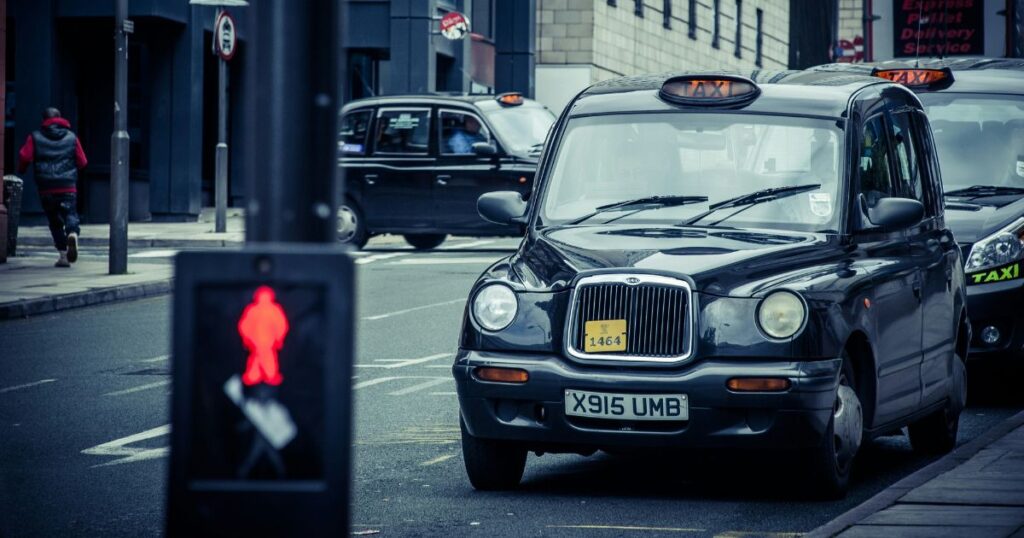The employment status of Uber drivers in the UK is a topic of significant legal debate and transformation. While Uber had traditionally classified its drivers as self-employed, a landmark Supreme Court ruling redefined this status, granting drivers certain employment rights. We look into the implications of this ruling and what it means for Uber drivers today.
Taxi insurance
Having the right insurance is essential for Uber drivers. Whether you’re just starting or looking for better cover, we offer specialist taxi insurance, that covers Uber drivers, to keep you fully protected on the road.
Understanding employment status in the UK
In the UK, employment status falls into three main categories:
- Employee: Individuals with a contract of employment, entitled to full employment rights.
- Worker: A middle ground, where individuals have some employment rights but more flexibility than employees.
- Self-Employed: Individuals who run their own business and have minimal employment rights.
Uber has historically treated its drivers as self-employed, arguing that they operate independently. This classification meant drivers were not entitled to benefits like holiday pay or minimum wage.
The Supreme Court ruling: A turning point
In February 2021, the UK Supreme Court delivered a unanimous decision stating that Uber drivers should be classified as workers, not self-employed contractors. This ruling was based on several factors indicating Uber’s control over its drivers:
- Fare Control: Uber sets the fare prices, determining how much drivers can earn.
- Contract Terms: Drivers have no say in the terms set by Uber.
- Ride Acceptance: Uber can penalise drivers for rejecting too many ride requests.
- Performance Monitoring: Drivers are monitored through a rating system, and poor ratings can lead to termination.
The court also emphasised that drivers are considered to be working not just during trips but whenever they are logged into the app and available for work.
Implications for Uber drivers
As a result of the ruling, Uber drivers in the UK are now entitled to:
- National Minimum Wage: Drivers must earn at least the minimum wage for the time they are working.
- Holiday Pay: Drivers accrue holiday pay based on their working hours.
- Rest Breaks: Entitlement to rest breaks during work periods.
- Protection Against Discrimination: Legal protection against workplace discrimination.
Uber has implemented changes to comply with the ruling, including offering a pension plan and ensuring drivers receive at least the National Living Wage.
Tax status: Still self-employed
Despite the change in employment classification, Uber drivers are still considered self-employed for tax purposes. This means drivers are responsible for:
- Registering for Self-Assessment: Informing HMRC of their self-employed status.
- Filing Annual Tax Returns: Reporting income and expenses each tax year.
- Paying Income Tax and National Insurance: Calculating and paying the correct amounts based on profits.
It’s crucial for drivers to keep accurate records of their earnings and expenses to ensure compliance and optimise tax efficiency.
Summary
The classification of Uber drivers in the UK has evolved, granting them more rights and protections under the “worker” status. However, for tax purposes, they remain self-employed, bearing the responsibility of managing their tax affairs. Understanding these distinctions is vital for current and prospective Uber drivers to navigate their rights and obligations effectively.
Note: This article is for informational purposes only and does not constitute legal or financial advice. For personalised guidance, consult a qualified professional.


